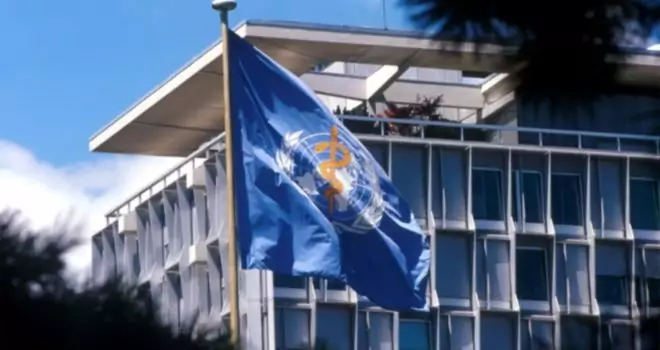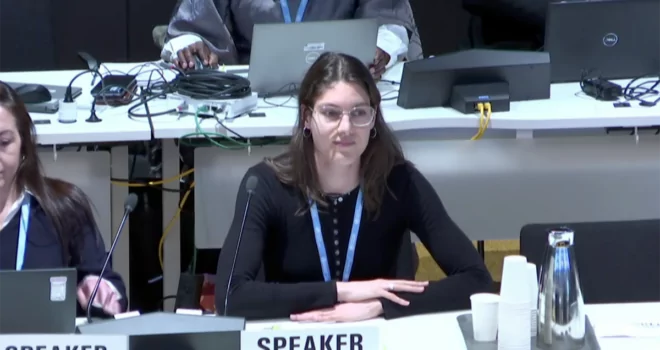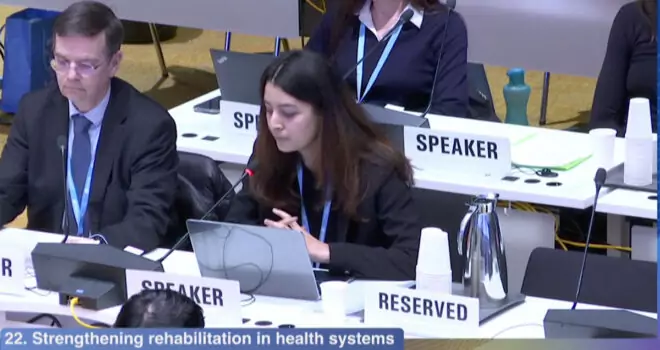
On 4-5 December 2018, the 3rd Global Summit on Circulatory Health brought together international, continental and national organizations and leaders in health, academia, civil society and the private sector to drive action on the timely issue of access to essential medicines and technologies. The case for improved access to essential medicines is compelling – nearly 2 billion people lack access to essential medicines, an estimated 100 million end up living on USD 10.90 or less a day because they have to pay for health care, and another 800 million people spend at least 10 percent of their household budgets to pay for health care.
Convened under the leadership of Professors Salim Yusuf, Martin McKee and David Wood, the 3rd Global Summit began by taking stock of the main challenges in ensuring access to medicines, including limited investments in health, fragmented supply chains, low quality or falsified medicines, and inconsistent national, regional and international action.
Against those persistent challenges, the Global Summit participants and speakers shared pragmatic and innovative solutions, such as procurement pools for essential medicines and block chain technology to improve supply chains and serve the most vulnerable populations. The Summit concluded with a Call to Action to align the solutions put forward during the event with the World Health Organization’s Roadmap on Access to Medicines and Vaccines in a position paper on access to essential cardiovascular medicines that will be published in the first quarter of 2019. The position paper will build on the key areas for action that emerged from the Summit:
- Mobilizing additional government funding for essential medicines and technologies;
- Advocating for the inclusion of essential cardiovascular medicines on WHO’s Prequalification Program;
- Promoting voluntary licensing for access to new cardiovascular medicines;
- Standardizing competencies of and increasing transparency in national selection committees of essential medicines;
- Strengthening procurement models and supply chains with feedback from communities and patients;
- Ratifying and implementing legislation against substandard and falsified medicines.


